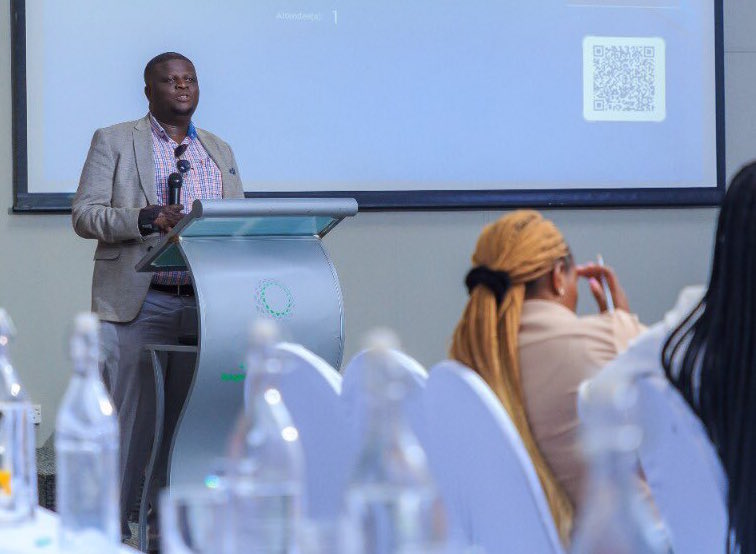|
Getting your Trinity Audio player ready...
|
By Tafadzwa Muranganwa
The growing cyberbullying and trolling of women online, particularly those in political leadership in Zimbabwe has left media stakeholders fretting about how to tame and make digital space safe for women and girls.
This was heard at a ‘National Women’s Rights Symposium on Violence Against Women and Girls’ organised by the Women’s Coalition of Zimbabwe supported by UNWomen.
According to Pada director Karen Mukwasi, the emergence of online publications and social media influencers has heightened the attacks on women online.
“We have very few misgivings with the mainstream media. The proliferation of online platforms, some run by citizen journalists and social media influencers have been the biggest proponents of online violence against women,” bemoaned Mukwasi.
The most criticised social media influencer by women is Shadaya, who has been viewed as ‘toxic’ for berating them and entrenching patriarchy.
The Complexity of Online Violence
The Media Alliance of Zimbabwe programmes manager Nigel Nyamutumbu reckons that it is difficult to deal with perpetrators of violence.
“What makes online violence difficult to deal with is that it is not easy to identify perpetrators. You can’t pinpoint a troll,” Nyamutumbu cites.
A commissioner with Zimbabwe Media Commission, Dr. Ruby Magosvongwe opines that online violence against women has far-reaching effects.
“Violence perpetrated online manifests offline and it has far-reaching implications –the effects and the impact is wider,” Dr. Magosvongwe said.
Remedies
There are various interventions that can be done to mitigate against cyberbullying and trolling which include capacitating the mainstream media, recommends Nyamutumbu.
“To deal with online violence against women there is the need to capacitate the mainstream media. There is also the need to employ fact-checking tools which can help in pushing back existing stereotypes and certain norms,” the MAZ boss believes.
He suggests that the Data Protection Act can act as a deterrent to would-be perpetrators of online violence against women.
“Women should be able to use the newly enacted Data Protection Act to bring perpetrators of online violence to account. It’s sad that the provision of publishing falsehoods has been the most reported while that of cyberbullying and trolling of women has not been utilised, ”he adds.
This was also echoed by commissioner Dr. Magosvongwe.
“Not so many are aware of the Data Protection Act hence the need to raise awareness of the import of the Act and this will help in curbing online violence against women.
“As stakeholders, we should not operate in silos but work together in coming up with strategies to deal with the scourge,” she said.
In her partying note, she believes laws are not entirely enough to end online violence but behavioral and perceptions change is critical.
“Online violence against women can’t be stopped by laws entirely but by change of attitudes and perceptions.”
The stakeholders present at the symposium unanimously agreed that there is a need to invest in digital security and literacy training for women to also help curb cyberbullying and trolling.






